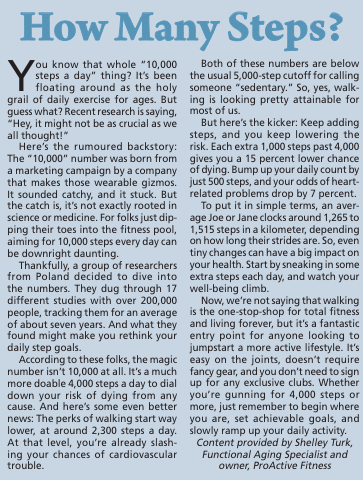
What Is Physiotherapy? Physiotherapists study the science of movement and learn how to find the root cause of pain and how to resolve it. Physiotherapy involves providing treatment to reduce pain, restore, maintain and improve a person’s mobility, function, strength, and overall quality of life. The main approaches that a physiotherapist may use include education/advice, movement exercises/ tailored exercises, and manual therapy (hands on treatment).
When should I see a physiotherapist?
Physiotherapy can be helpful for people of all ages and a variety of conditions. Here are some tell tale signs that you should probably seek help from a physiotherapist.

• If you have an injury that is still very painful after 3-5 days
• You can reproduce your pain with a specific movement
• Your pain becomes constant
• You are moving differently, or have restricted movement
• You have stopped doing the things you enjoy and your daily activities
What problems can physiotherapy treat?
Physiotherapy not only helps to rehabilitate an injury, but helps in managing disease and disability. Some of the common things that physiotherapy can help with include:
• Sprains and Strains

• Muscle and joint pain: neck/ back pain, shoulder pain, knee pain
• Post Surgery
• Overuse injuries
• Chronic pain: Arthritis
• Reduced mobility/deconditioning
• Dizziness
• Neurological Conditions: Multiple sclerosis, Parkinsons, Stroke
• Nerve Injuries


What can I expect in a Physiotherapy appointment?
Each session should be unique and will be targeted to your specific needs. In general, you can expect the following: Your physiotherapist will start by asking questions about your medical history and the circumstances around what brought you in. Then your therapist will assess your function, movement patterns, range of motion, and strength. After the assessment the therapist will provide education on your diagnosis and work with you to come up with a personalized treatment plan based on your goals and lifestyle. The therapist will outline the recommended treatment strategies and outline a timeline- typically ranging from a few weeks to months depending on the diagnosis. Throughout treatment the therapist will provide continued education, appropriate exercise prescription and progression, as well as manual therapy or hands on treatment.
Do I need a referral to see a physiotherapist?
You do not need a referral to see a physiotherapist in private practice. Physiotherapists are primary health care practitioners, and you can directly access their care. However some insurance companies may require a referral in order to cover the services, so itis best to check with your insurance provider what the requirements are. At Donald Physiotherapy, we can even directly bill to some insurance providers as long as your plan is set up to allow for this.
-Megan Lautner

Leave a Reply